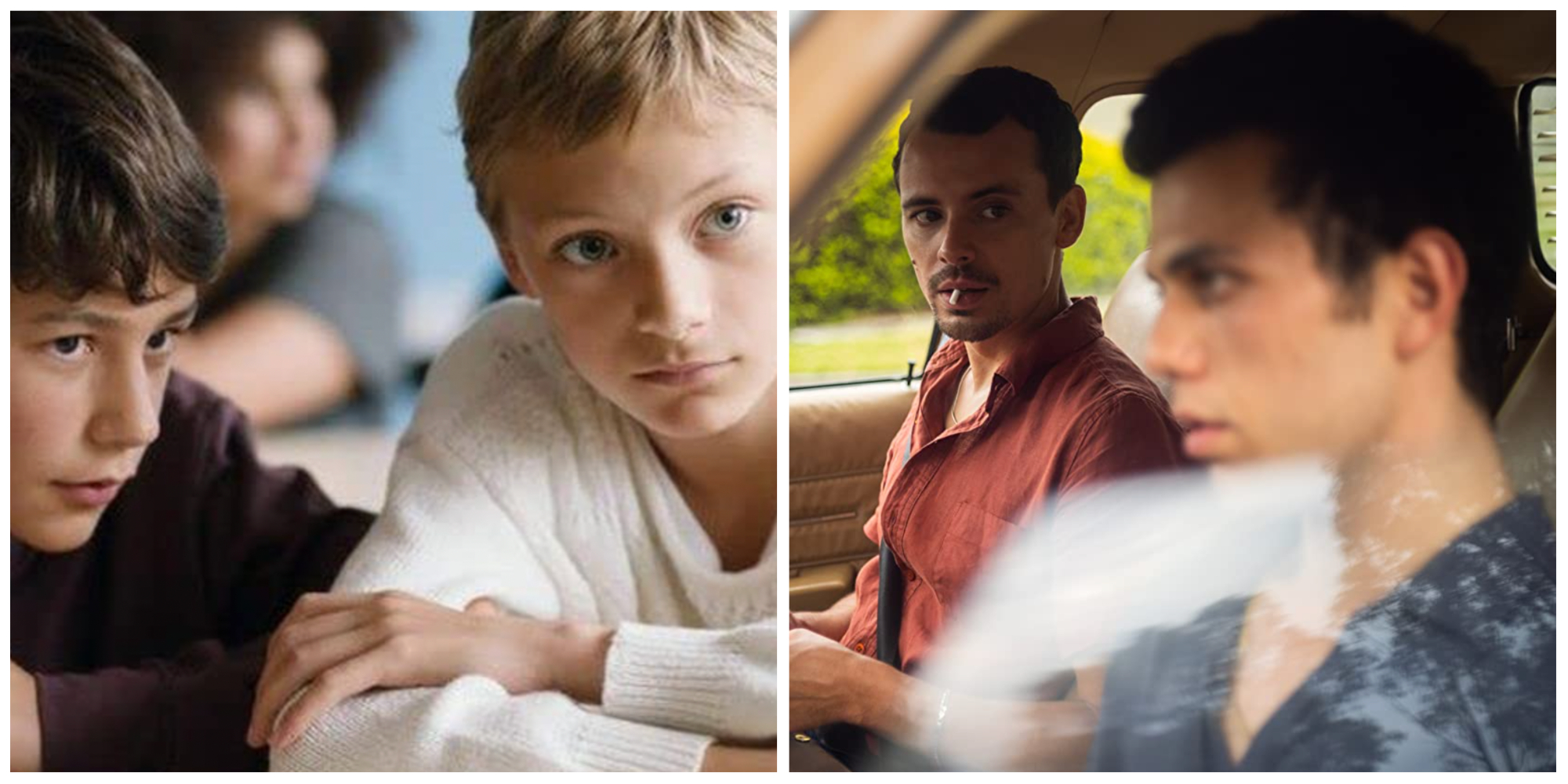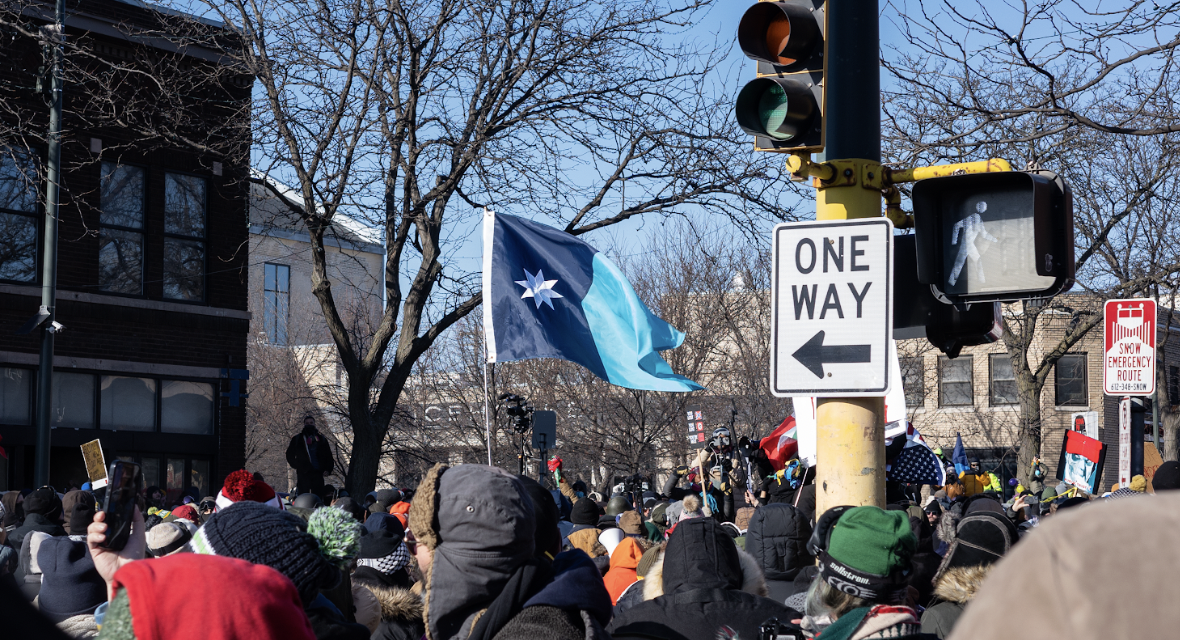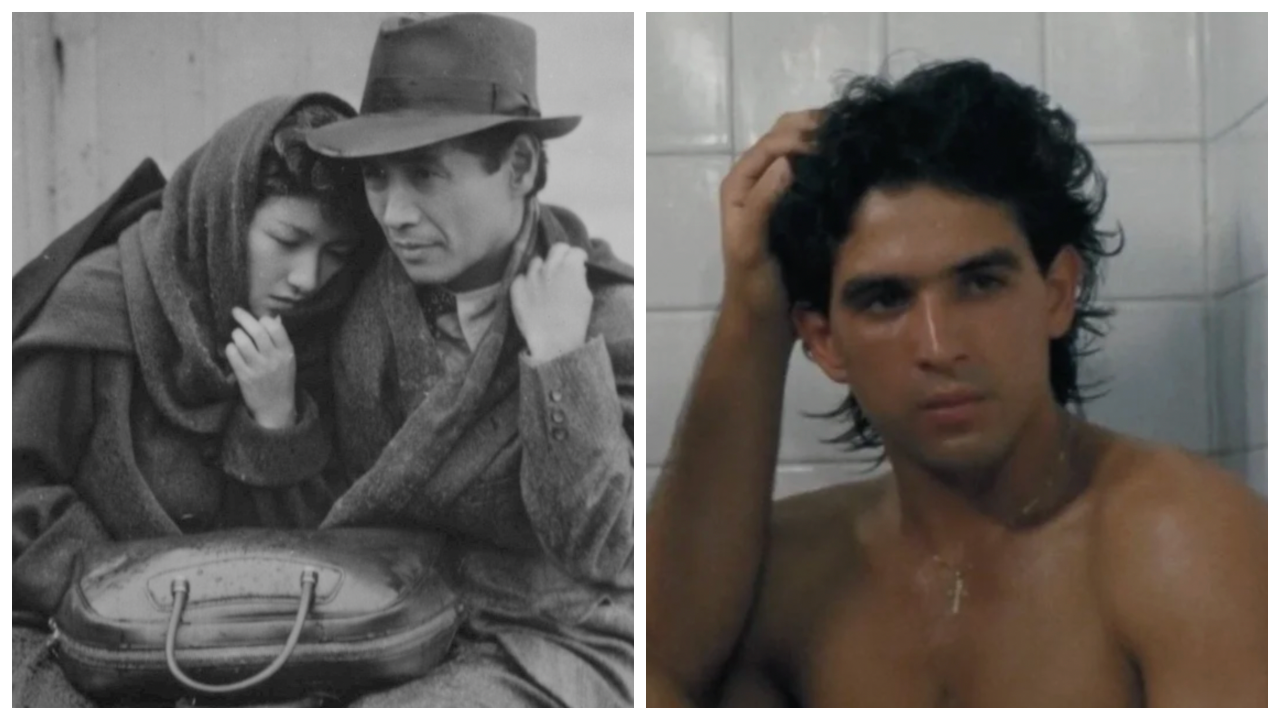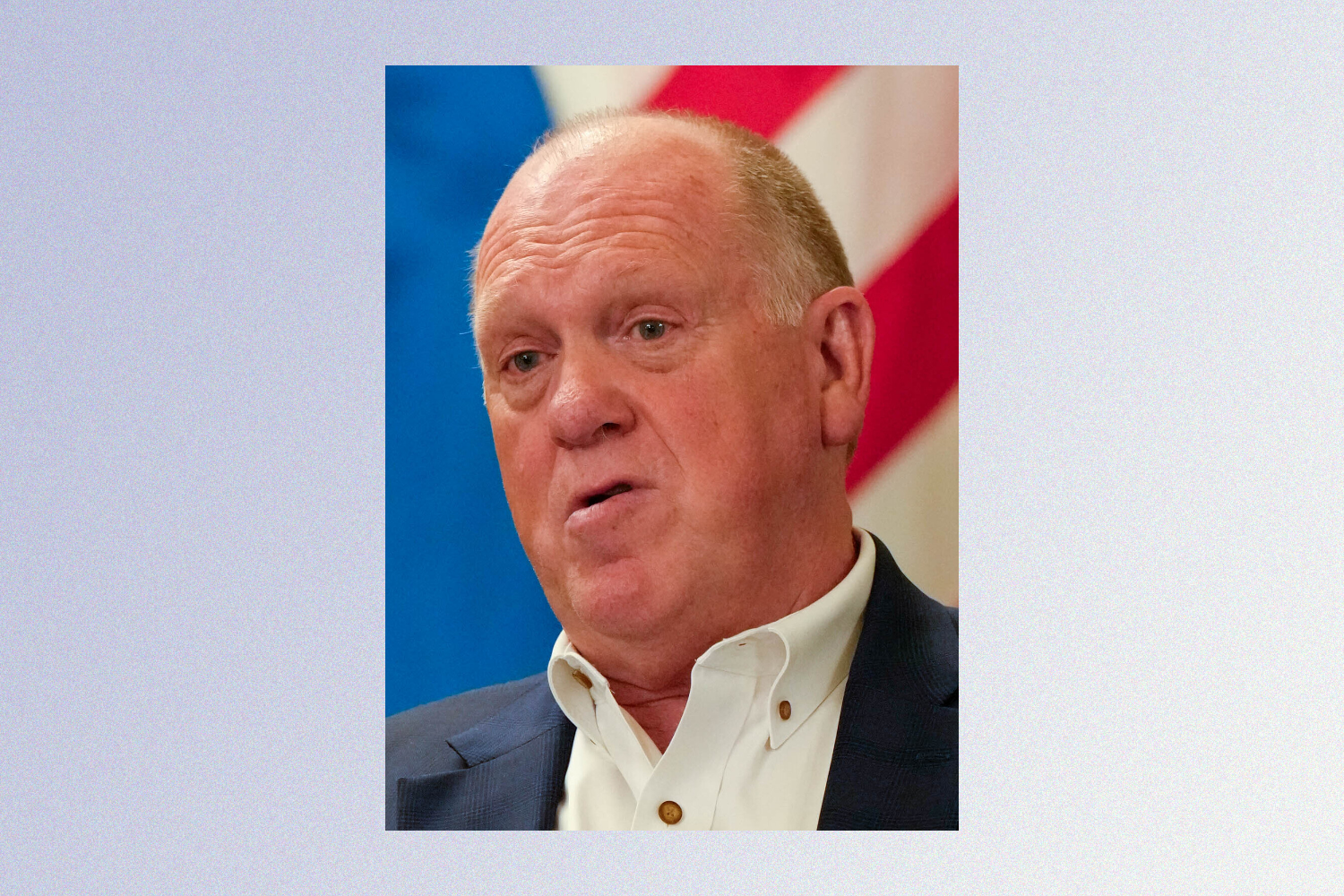Goran Stolevski seems determined to dabble in each of the most buzzy subgenres of our moment. The Macedonian-born and Australian-raised director offered his twist on (yes, I hate the term too but bear with me) “elevated horror” with his first feature, You Won’t Be Alone, released last year. Rather than following horror’s usual trajectory of beginning with the everyday and plunging deeper into the supernatural, Stolevski’s gory fairy tale centers on a shape-shifting witch who becomes enthralled with human life and eventually abandons her powers to become an ordinary mortal. (My full review is here.)
Of an Age is another personal take on a genre that verges on cliche—this time, the queer yearning romance. The movie hardly lacks for meaningful gazes as it edges the audience’s expectations and postpones sex as long as it reasonably can. It builds to a climactic emotional breakdown, and it focuses on how a charged sexual and romantic moment can linger with you for life. If only Stolevski was as subtle about illustrating how those encounters shape our later lives as he is at leading up to the tryst itself.
The movie begins in 1999, as frazzled, shallow Australian teen Ebony (Hattie Hook) wakes up in the surf after a druggy night with no idea where she is. She calls her friend Kol (Elias Anton) for help, and what follows is a frantic meet-cute that doubles as a horror story for anyone who didn’t live in the pre-smartphone world. Scrounging change for a pay phone, searching frantically through phone books while someone is yelling at you to hang up so they can use the internet, desperately studying paper maps while you’re on the road—you kids don’t know what you missed.
Seventeen-year-old Kol (real name Nikola, born in the Balkans) is equally anxious because he and Ebony have a ballroom dance competition that same morning and he’s determined to retrieve her in time. When she forbids Kol from calling her mom, he instead contacts her older brother Adam (Thom Green). On the long drive to locate Ebony, the two bond over Borges and Kafka, with Adam gently teasing the younger man, calling him “a good boy.” Just before they begin the drive home, Adam indicates that he’s gay, and Kol suddenly realizes he and Adam have in fact been flirting the whole trip out. To make matters worse for poor Kol, Adam takes his shirt off.
While Kol may not be certain of his sexual identity (he half-heartedly denies being gay early in the movie), he hardly exudes overt heterosexuality, at least by late 20th century Melbourne standards. We first see him shirtless and sinewy and dancing with unchecked flamboyance; he conducts his search for Ebony in a black rhinestone unitard with a plunging neckline. “I was not out with boys,” Ebony rants at her mom when she gets home from her spree. “I was out with Kol. Kol is not ‘boys.’” In contrast, the older Adam is cool and distant, sarcastic in that even-toned way that can feel either flirtatious or self-protective.
“I’m open-minded,” Kol tells Adam. “It’s OK that you’re gay.” But whatever doubts Kol has about his attraction vanish once he locks himself alone in his room, pulls on a T-shirt Adam handed down to him, presses play on a cassette of swoony French music Adam, and lowers his jeans. He’s pretty sure he’ll have to settle for closeted masturbatory fantasies—Adam’s leaving for South America to work on a PhD the next day. But they do meet again that night, and after a protracted circling of one another, they finally get down to business in the back of Adam’s station wagon, their night together soundtracked floridly by Cesária Évora.
It’s the sort of sexually and romantically charged night you’d remember your whole life. And as we learn in the second half of the film, which brings us forward to 2010, as Kol and Adam return to Melbourne for a wedding, that’s indeed the case. Without giving too much away, let’s just say that one man considers that night a prelude to what might come next, and the other appears to consider it a pleasant memory.
If the first half of Of an Age meanders inventively toward its sexy climax, the second half beelines too hastily toward emotional intensity. It’s hardly unusual to nurse unrealistic expectations after a long-ago fling, but even when we do, we understand intellectually (if not emotionally) that they’re long shots verging on fantasies. I’m not one to offer uninvited script doctoring, but I can’t help but imagine how much stronger the second act of Of an Age would have been had both men played it cool at first, concealing how much the moment had meant to them. How often do you wish a movie actually had more yearning?
If Of an Age fails to find a steady footing in its second half, Close veers sharply from its initial premise midway through in a far less rewarding direction. Belgian director Lukas Dhont seems to be telling the story of two teen boys whose friendship collapses when their physical intimacy is interpreted as sexual by other school kids. The scenario raises all sorts of interesting issues of friendship, physical attraction, stereotyped gender behavior, and peer pressure, and to struggle with them Dhont has found two incredible leads in Eden Dambrine and Gustav De Waele. Both are boyishly pretty, with an early teen lankiness, expressive eyes, and unguarded screen presences. Dambrine in particular has a gift for seeming to gaze directly into the viewer’s eyes. (If Dhont maybe leans on that trick once too often, can you blame him?)
But then Close takes a darker (and, I suspect Dhont thinks, deeper) turn. (I won’t reveal specifics, though maybe you can guess what happens. Let me say that once the Dramatic Moment occurred I shrugged with a disappointed “Oh, of course,” while a woman in my row gasped “Oh my god!”) It’s an unnecessarily cruel and manipulative twist, making characters suffer for the sake of heightened drama. And rather than raising the stakes, the shift evades the difficulty of working through the story of that friendship. Dhont may think he’s swinging for the fences, but really he’s punting—or, you know, whatever the European equivalent of that mixed sports metaphor would be.
Close starts with an inseparable Leo (Dambrine) and Remi (De Waele), They act out heroic, imaginary war games during the day, and Leo sleeps over at Remi’s house every night. Their interactions are gentle if boyishly goofy; they touch unselfconsciously and gaze at each other with (asexual? non-sexual? pre-sexual?) love. Leo’s parents own a rose farm, which allows for delirious images of the young boys dashing carelessly through patches of red and white and pink.
The prelapsarian innocence in these early scenes is so sweet, so unruffled by the tiniest anxiety, that we know we’re soon in for some nastiness. And sure enough, school means a passage from the simplicity of childhood (not quite as simple IRL as Dhont imagines, of course) into the mess of adolescence (which is actually messier than Dhont presents it). Some girls at lunch ask if Leo and Remy are a couple, and then disbelieve Leo’s shocked negative answer. The girls have a point: It is unusual how Remi rests his head on Leo’s shoulder in class. But Leo also has a point: If he and Remi were girls, no one would make a big deal of this.
And honestly, Leo and Remi would make a great couple, if that’s what they wanted. But what do they want? Well, to prove his heterosexual normalcy, Leo throws himself into sports, playing soccer on the playground and ice hockey after school. But Remi continues their relationship as before, either oblivious to the taunting or maybe even desiring a further intimacy. (Dhont gives us no real glimpse into their actual desires. In fact, it’s hard to imagine two less sexually curious 13-year-old boys.)
Frustrated that Remi can’t take a hint, Leo gets serious. He ends the sleepovers, won’t bike to school with his old pal, and hangs out at the other end of the playground at recess. Remi is crushed, and Leo tries to console him—even though he’s the cause of the anguish, and even though his display of sympathy might undermine his masculinity in the eyes of his new sporty friends. Everything is in place for a complex film about adolescence, and an opportunity to see how these boys negotiate this change in their lives.
Then the plot deviates off course, and Close drifts into a story about guilt and denial. Dhont focuses on the relationship with Leo and Remi’s mother, Sophie, and though Émilie Dequenne is terrific as a woman struggling to process her grief while helping a child through his own, this story isn’t nearly as satisfying as the one we were initially promised. Close has an Oscar nomination for Best International Feature Film, and the Times has prematurely anointed its director ”the Movies’ Master Storyteller of Youth,” a title that rightfully belongs to Céline Sciamma, whose skill at blurring the lines between friendship and sexual desire Dhont approaches in the first half of his movie. And I’ll give him this—he’s made 1/2 of a perfect movie, if such a thing is possible.
Of an Age: B+
Close: B
Of an Age and Close are now playing in area theaters.






